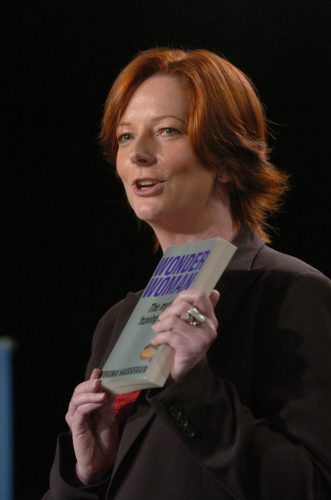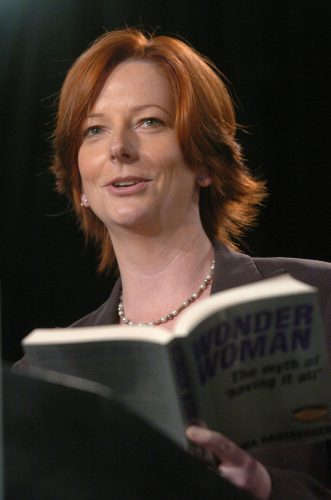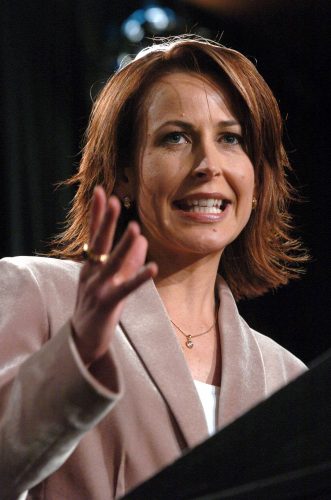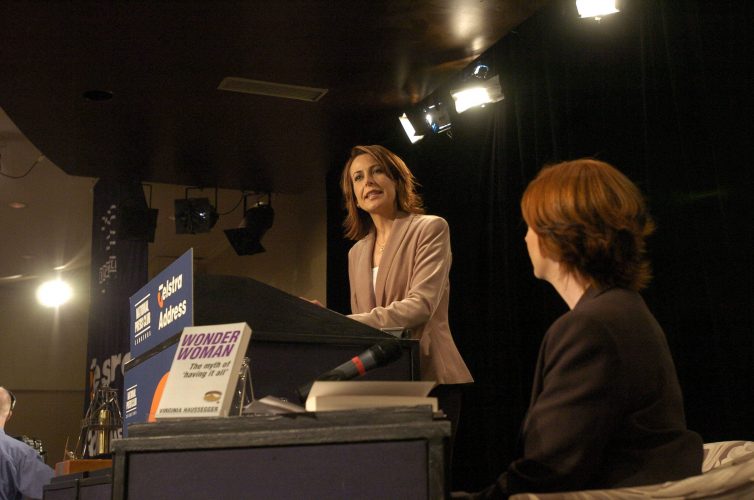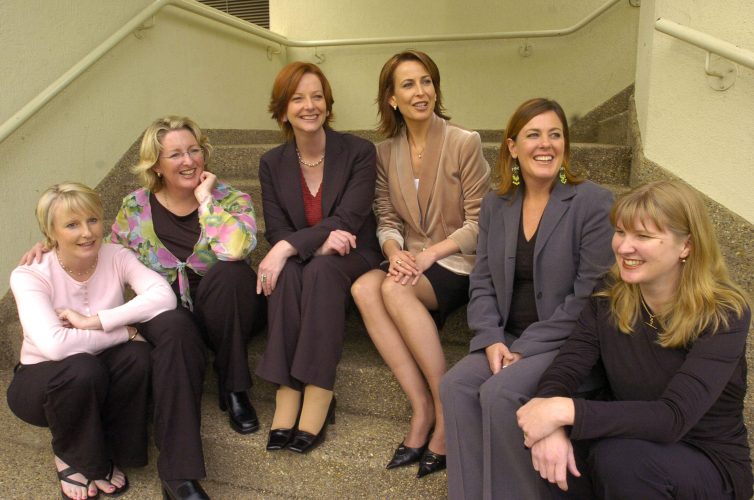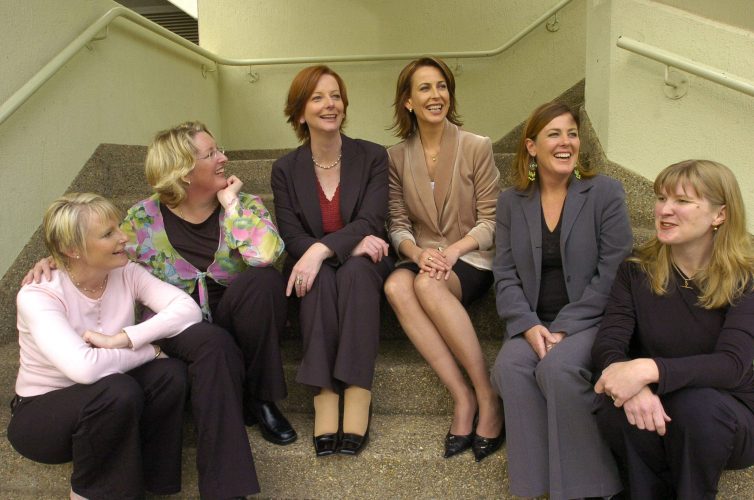So Gordon Ramsay is a pig. We knew that. He’s paid to be. In fact, Ramsay is probably one of the highest-paid pigs on the celebrity circuit right now. And after his most recent piggish act Down Under, he’s probably in for a pay rise. He’s proven – yet again – that bad behaviour is a ratings-puller.
The public outcry this week over Ramsay calling Tracy Grimshaw a pig and a lesbian reeks of mock indignation. And Ramsay, if he had enough brains, ought to call us on it. But unfortunately he’s not that smart. Instead of apologising to Grimshaw, and “anyone else I offended”, Ramsay should have told the complaining public to pull its finger out. The faux outrage over his comments is hypocritical in the extreme.
First, let’s be clear about what is and isn’t an insult here. Being called a pig is an insult. Being called a lesbian isn’t. Although Ramsay says he’s been misquoted.
“On my children’s life, I never ever called Tracy a lesbian,” he told a reporter. But sheepishly he admitted that using “innuendos [and] a picture of a pig, was not clever”.
The Prime Minister was so incensed by the attack on Grimshaw, a highly respected television presenter, that he called Ramsay “a new form of low-life”. The Deputy PM also weighed in, suggesting Ramsay should curb the comments and stick to the kitchen.
Naturally, each instalment to the week-long story caused hits to websites and blogs, and television ratings to shoot up.
It began last weekend, when Ramsay was doing his usual thing in front of a live audience of 3000, at a Melbourne cooking event. Ever cocky and crude, the master chef was in full flight when he put up a rather revolting image of a pig on the screen behind him. With a human-like head and numerous teats, he told the audience it was Tracy Grimshaw, the very woman who had only recently interviewed him on A Current Affair, politely smiling and tolerating his ballsy humour. As the public got wind of the celebrity spat, which was well stirred by tabloid media coverage, the theme of the TV beauty and the bad-boy-beast took hold. Suddenly it seemed everyone was shocked and horrified that Gordon Ramsay could be so rude to such a pleasant and professional person as Grimshaw. Prominent Australians scoffed, “He’s no longer welcome here.” Talk-back callers insisted that Ramsay was the real pig in this story. A brute. A boof-head. And so it rolled on. Tut-tut. But in all the noisy indignation, we have failed to ‘fess up to our own complicity. We’re pretending we’re rather prudish and feigning offence. Just who are we kidding?
Gordon Ramsay is famous because he is obnoxious and offensive. That is his “brand”. He doesn’t have television executives banging on his door and begging him to sign a contract to appear on their network just because he is a chef. The world is full of great chefs. They want Ramsay because he yells and screams and berates people. He spits into saucepans, he smashes dishes on the floor, throws food at plates and he terrifies his young apprentice underlings, as he bellows in their ear to “shut the f— up”. Gordon Ramsay is an atrocious bully who seems to get off on his own hideousness. And so too does his drooling audience. They can’t get enough of him. In Britain, the United States and of course here in Australia, a Ramsay cooking class will pull thousands, and his television series is watched by millions. Let’s be truthful. We like humiliation. We like to watch others berated and belittled. Offence is a kind of modern-day opiate to the TV- watching masses. Reality shows are full of it.
It began years back with The Weakest Link. When it first screened in Australia audiences were mesmerised by the cruelty of Cornelia Frances, as she scorned the “losers” and kicked them off the show with a tart “goodbye”. Before long, kids were playing it in school yards. Whoever could be nastiest, got to be the TV star – the host.
Ever since, cruelty and intimidation have become key ingredients in reality shows. From Big Brother to The Biggest Loser, with Ladette to Lady somewhere in the middle, program-makers have zoomed in on a public lust for nasty stuff. We’re glued to the box when housemates are picked on, or ostracised, then double-crossed. We revel in the fat and frumpy struggles of others as they parade their naked humiliation on screen. We watch wide-eyed as the hapless and the meek are berated.
It would seem humiliation has become our favourite form of entertainment.
But what kind of sustenance do we get from watching others verbally abused and demeaned? Perhaps it’s a fleeting sense of smugness. A whiff of power – when in our own dreary daily lives we in fact feel powerless.
Whatever it is that makes us tune in to bad, bullying behaviour, that dummy Gordon Ramsay has worked it out. And it’s making him rich.
